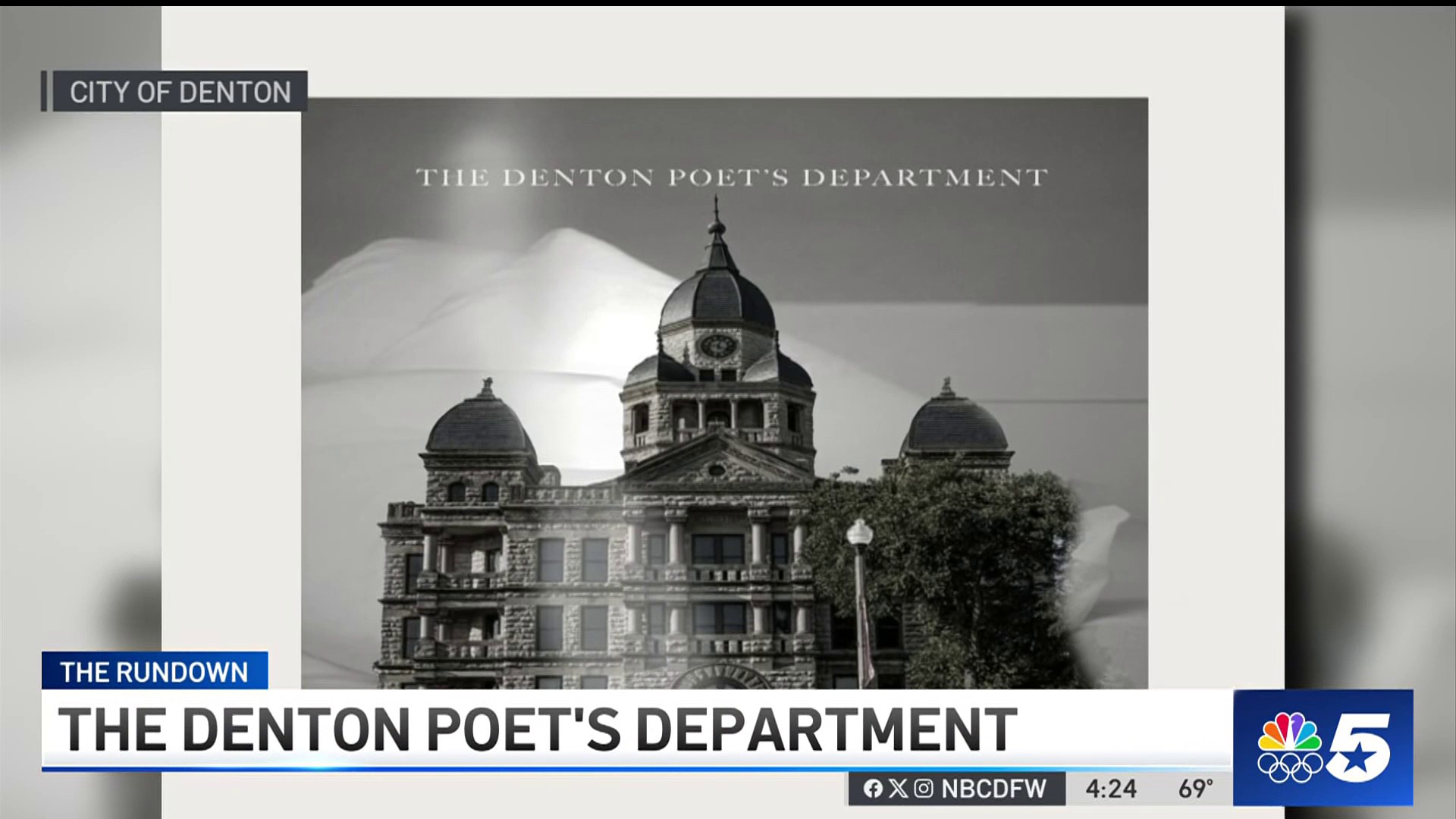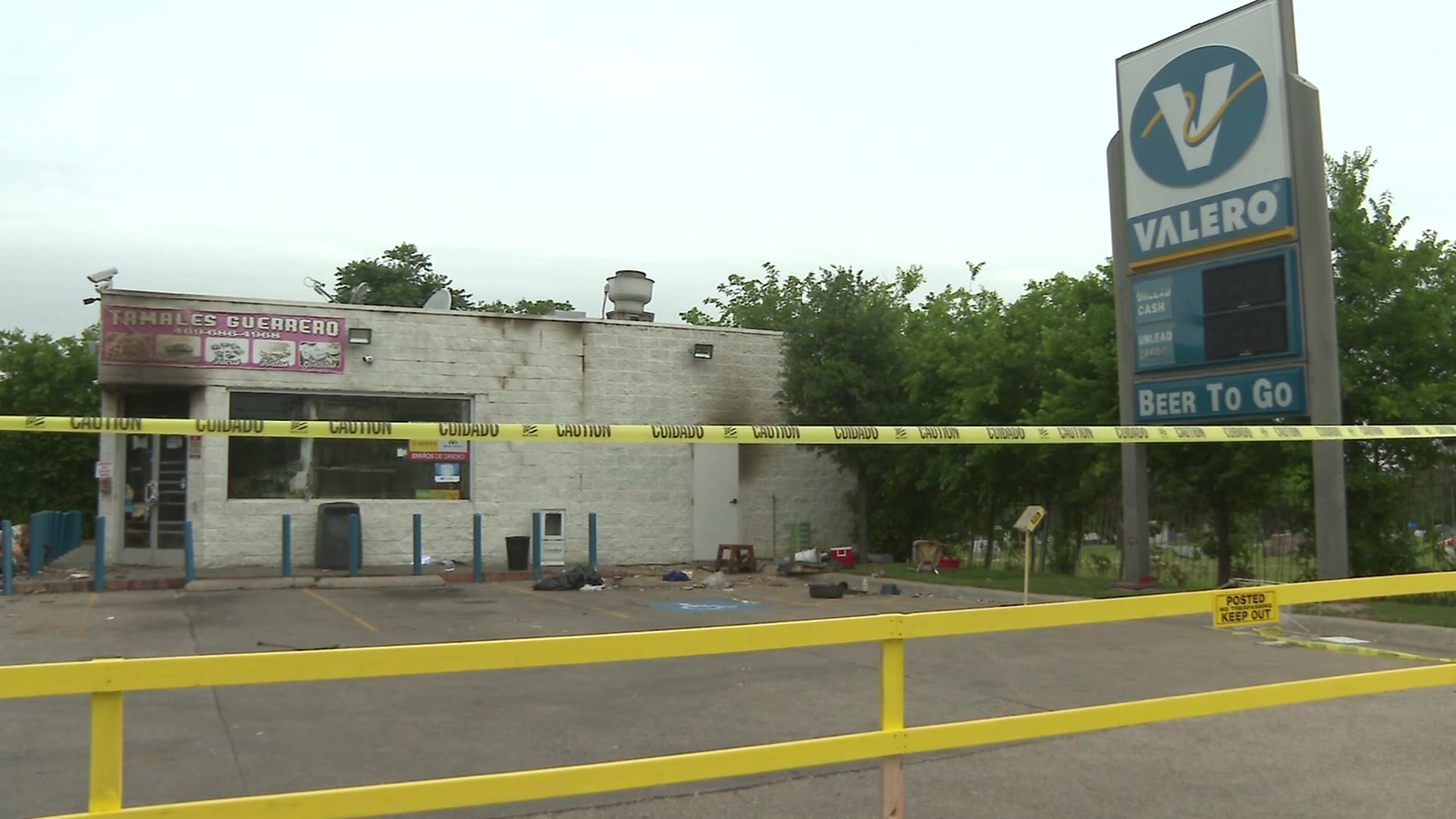Overwhelmed by the number of immigrants crossing illegally into in South Texas, the U.S. Border Patrol was scheduled to send a planeload of recent arrivals across the state to El Paso for processing for the first time on Wednesday.
Immigrants who cross the Rio Grande and enter the state illegally increasingly find themselves covering great distances to provide their basic information to an agent at a computer.
The flight of more than 100 detainees from Brownsville is the most recent way the agency is trying to expedite processing under a surge of arrests that has recently averaged 1,000 per day in the Rio Grande Valley sector, the busiest along the U.S.-Mexico border. The effort began with busing immigrants to less-busy stations within the sector, then expanded to hours-long bus rides to the Laredo and Del Rio sectors for processing.
"We're utilizing all of the resources that we have available," said Border Patrol spokesman Daniel Tirado. "We're going to take advantage of that and farm out some of those detainees."
He said it was unclear if the flight would become regular. Processing times vary, but can run to a couple hours or more if the immigrant has a criminal history that has to be verified. Border Patrol aims to get immigrants processed and out of holding areas within 72 hours, he said.
The Rio Grande Valley sector has recorded more than 130,000 arrests since Oct. 1, an increase of about 67 percent from this time last year. The sector made more than 154,000 arrests for all of the prior fiscal year, surpassing long-time leader Tucson, Arizona. The majority of immigrants fueling the growth in South Texas are from Honduras, Guatemala and El Salvador.
The Border Patrol has been trying to address the substantial shift in traffic to South Texas but has found itself with heavier staffing elsewhere. While Tucson's arrests have been steady for the past three years after a precipitous drop, the Rio Grande Valley's increased 160 percent. Yet Tucson had 1,000 more agents last year, according to agency records.
Local
The latest news from around North Texas.
A year ago, the agency started sending most new graduates from its academy to the Rio Grande Valley. And last month, the sector announced that it had brought more than 100 agents from California and Arizona to temporarily bolster the force in South Texas.
Last month, the sector's Deputy Chief Raul Ortiz, standing before a sea of white and green Border Patrol vehicles from the newly arrived agents, said they were brought in to address the increased traffic.
"We're really trying to go after the smugglers, the coordinators, the folks that are really facilitating the smuggling activity," Ortiz said.
Last week, the Border Patrol announced that it would deploy two more blimp-like tools called aerostats that carry infrared cameras in the sector. The agency recently finished evaluating three others on loan from the Department of Defense.
The sector's busy McAllen station had the additional complication last Thursday of a scabies outbreak that required the treatment of dozens of immigrants and the clearing out of the holding areas for almost 24 hours so they could be sanitized. Scabies is caused by mites that burrow into the skin causing intense itching.



